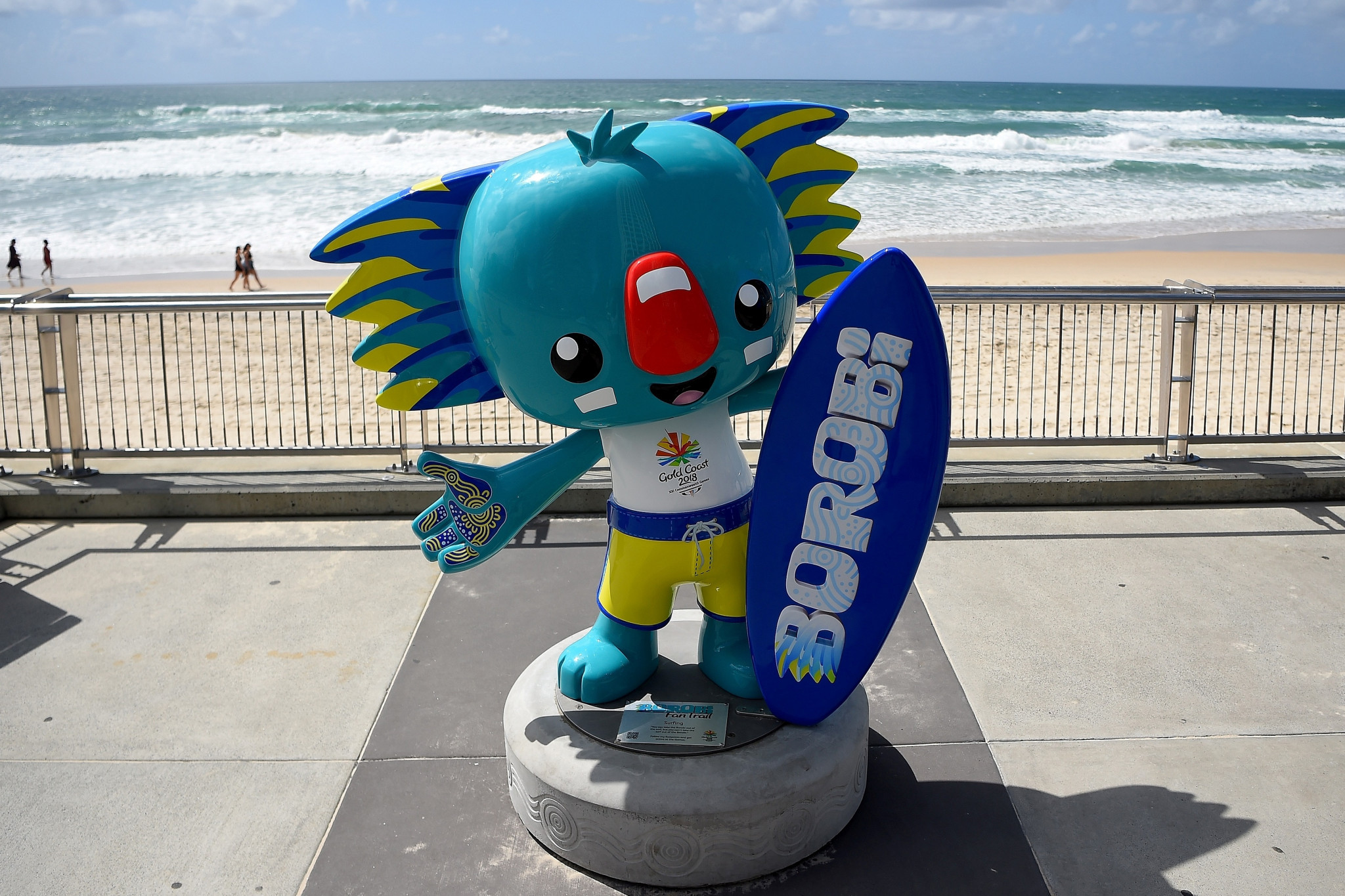The impact of the Black Lives Matter movement continues to rumble through sport.
It has forced clubs, leagues and competitions to have reckonings with their identity. Such discussions have already prompted change, with the Washington-based National Football League team recently retiring their controversial "Redskins" name and logo.
The Commonwealth Games has also come under scrutiny. Previously called the British Empire Games, the event has undeniable links with colonialism, and subsequently, slavery. Conversations in Britain surrounding the country’s history have been amplified by the Black Lives Matter movement's exposure, with criticism of the 2022 Commonwealth Games in Birmingham growing as a result.
Professor of Black Studies at Birmingham City University, Kehinde Andrews, is among those to voice his concerns.
"It should be a time to revisit this, because the Commonwealth is all about Britain trying to maintain some kind of symbolic link back to its imperial past," he said, as reported by Birmingham Live.
"The empire is still there in some ways. The Commonwealth is so problematic. The city has embraced it because it is money - which is quite a good metaphor because empire is one of the things that built Birmingham. We shouldn’t be surprised the city embraced it."
The publication also spoke with Aftab Rahman, founding director of charity Legacy WM, who highlighted the Commonwealth Games’ failure to properly address is history.
"It harks back to a bloody past," he said.
"It’s ravaged with hate and blood and death and all of these things. It’s never addressed properly.
"In history books, the British Empire is presented as a golden age. It was golden for the British people but not for those who were ruled."
The Commonwealth Games Federation (CGF) has responded to such comments, with chief executive David Grevemberg confirming a truth and reconciliation plan would be in place for Birmingham 2022.
The initiative was used at Gold Coast 2018 and aimed to recognise, respect and celebrate Aboriginal and Torres Strait Islander peoples and cultures. The event’s mascot, Borobi, was also a nod to the Yugambeh people, an indigenous group from the Gold Coast.
Previous Commonwealth Games have also tried to acknowledge the event's colonial past in some way. For the 2014 edition, Glasgow City Council worked with the Empire Café to put on a programme of events focusing on the city’s link with the slave trade.
Indeed, Grevemberg revealed the CGF’s past was something that was regularly discussed.
"This is a conversation we have been having on a regular basis," he said.
"When you start to go back through the history, past industry and products, you start to go into a much deeper and darker past. Obviously the link with legacy of slavery and the remnants of colonialism. With recent discussions on racial inequality, this is a discussion that needs to be had, and one that we are welcoming of, supportive of and is necessary."
The CGF has indeed been more understanding on the issue of podium protests. In stark contrast to other organisations such as the International Olympic Committee, the CGF leadership said it passionately believes that athlete advocacy and activism "humanises rather than politicises" sport.
CGF President Dame Louise Martin and Grevemberg even went as far as to call on people involved in sport to encourage participants, ranging from athletes and coaches through to sponsors and administrators, to stand up for what they believe in.
The Commonwealth Games may have a murky past, but athletes at least have the freedom to be able to draw attention to that if they so wish.
As a result, Birmingham 2022 can definitely be a sporting event which produces important conversations surrounding the link between the Commonwealth Games and colonialism, whether that is through the truth and reconciliation plan or protests.
Nonetheless, there have already been some quite significant failings. Another report by Birmingham Live found that just one of the 20 members of Birmingham 2022's Board of Directors and executive management group is not white. The executive management team consists of five white men and two white women, while its Board features seven white men, five white women and one black man. This is particularly unacceptable when considering Birmingham is one of the most ethnically diverse cities in Britain.
One non-executive director of the Board, Nick Timothy, even has links with the Windrush scandal - which has seen people wrongly detained and deported from Britain - due to his previous role as aide to former Prime Minister Theresa May. His involvement in the organisation of the major sporting event has drawn criticism.
In response, Birmingham 2022 chief executive Ian Reid insisted the organisation is "committed to ensuring our workforce reflects the city and region in which we are operating", while the CGF has also backed the Organising Committee to take measures to improve diversity.
This oversight has shown that there still is much to do to improve diversity and anti-discrimination in the Commonwealth Games Movement, even though it is considered more advanced in tackling these issues than other sporting organisations. As with other areas of sport, the Black Lives Matter movement and resultant discussions have increased scrutiny on the Commonwealth Games.

